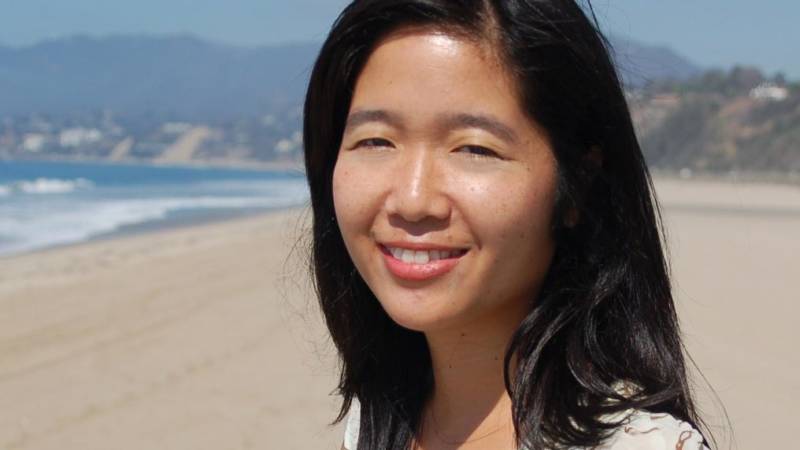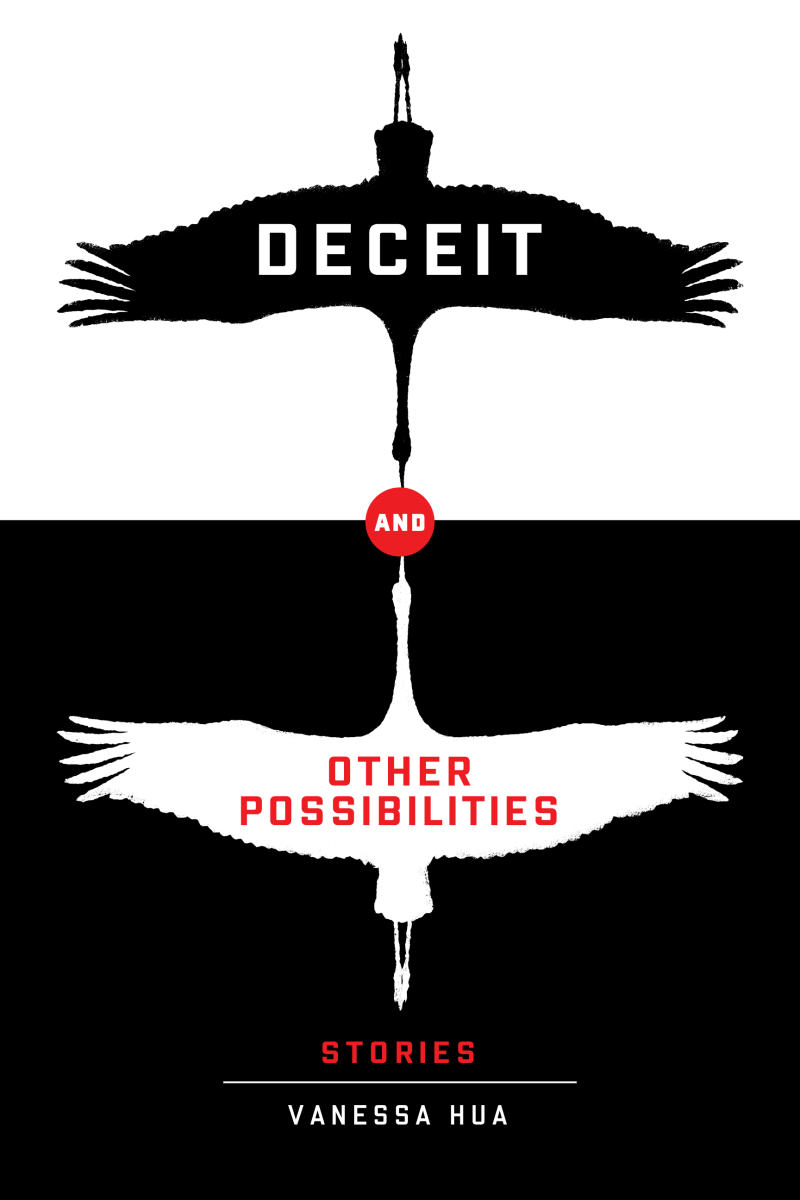Lies, betrayal, cheating, heartbreak — these are the themes that run through Vanessa Hua’s debut story collection Deceit and Other Possibilities. Out this month on Willow Books (Hua was the publishing imprint’s grand prize winner for prose), the stories here are filled with desperate, confused, liminal people making questionable life choices. The American-born Hong Kong movie star facing a sex scandal of epic proportions. The defrocked 21st-century pastor looking to make a comeback in Hong Kong, by any means necessary. A woman whose husband’s sudden death forces her to reflect on their mutual history of infidelity.
Many of these stories take place in, or peripherally involve, the San Francisco Bay Area — no surprise since Hua, a San Francisco Chronicle columnist, lives locally. The daughter of Chinese immigrants, she’s written before about what it’s like to grow up between cultures, and that tension is often explored in these stories.
In “Line, Please,” the memorable opening story, Kingsway Lee is a Bay Area-born young Chinese-American man who moves to Hong Kong in his late teens and stumbles into a movie career, becoming a sudden sex symbol. His parents back in America couldn’t care less; to them, he’ll always be the college dropout that never became a doctor. Across the ocean, Lee finds a new life, a “bigger, brighter version, me all along, like a moth’s hidden brilliance, exposed in ultraviolet.”
At a commercial shoot, he experiences a sense of power for the first time in his life. Here he is desired, his Western manners and Chinese appearance making him a charmed creature.
The photo shoot for a bottled grass jelly drink seemed legit. The scout didn’t fleece me with an up-front fee, and miraculously, the make-up artist with the smoky voice and smoky eyes seemed to be flirting with me. With me! In high school biology, the teacher had explained that asexual organisms, like the amoeba, divided and reproduced without a partner. When the teacher asked for more examples, someone blurted out, “Kingsway.”
For the next few years, Kingsway’s star soars in Hong Kong. He’s a household name, a teen heartthrob, and he views his accidental success as a “windfall, a blessing — what I was owed after my early, unhappy years.”



